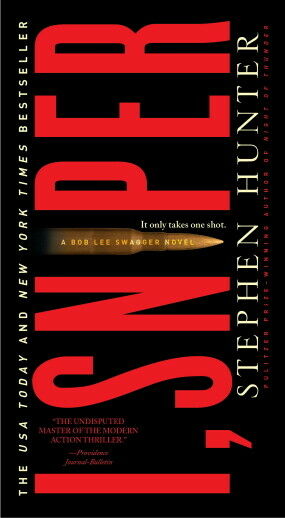

The Supreme Court was a constitutional afterthought. Who would want to be chief justice? Of Marshall’s predecessors, John Jay had quit to run for New York Governor, John Rutledge lasted six months, and Oliver Ellsworth resigned after four years. Justices spent most of their time riding circuit around the country hearing local disputes argued by untrained lawyers and sharing beds with strangers in rural taverns. In its first decade, the Court had an average of six cases a year and none of genuine importance. President John Adams nominated Marshall as chief justice in 1800, after several other men had already turned down the job. All of that reinvention nurtured a genius for inventing new legal doctrines. In scarcely two decades, Marshall rose from a sharpshooter in the Continental Army to become the Judge Advocate General at Valley Forge, the youngest member of the Virginia Council of State, acting attorney general of the Commonwealth, emissary to France, a congressional leader of the Federalist Party, U.S. The answer lies in Marshall’s talent for constantly reinventing himself. How was it possible that a man raised with 14 siblings in a 400-square-foot, two-room log cabin on the hardscrabble western frontier of Virginia defined the Constitution and forged some of the foundational principles of our system of government? The power of judicial review and the corresponding principle that courts should not interfere with political judgments are just two of the many doctrines that Marshall wove into our constitution. We remember Washington’s leadership, Jefferson’s eloquence, and Franklin’s wit, but Marshall breathed life into the Constitution, elevated the judiciary, and defended the federal government’s power over feuding states.
SUPREME SHARPSHOOTER TRIAL
The bench noted that the accused, who were arrested in August 2013, were tried for committing murder of a man.Īccording to the prosecution, the accused had obstructed the car, in which the victim and others were travelling, and assaulted him due to which he sustained injuries and died on the spot.Īfter the trial court convicted the three accused, they approached the high court which acquitted them.No one in the founding generation left a more lasting imprint on American government and law than Chief Justice John Marshall.

Setting aside the high court judgement which had acquitted the accused, the bench restored the trial court verdict that convicted and sentenced them to life imprisonment. "As per settled position of law, there can be a conviction on the basis of the deposition of the sole eyewitness, if the said witness is found to be trustworthy and/or reliable," it said, adding, there is no reason to doubt the credibility or reliability of the eyewitness in the case. The bench noted that one of the prosecution witnesses was an eyewitness and he fully supported the case. If there is a direct evidence in the form of eyewitness, even in the absence of recovery of weapon, the accused can be convicted," it said. "Recovery of the weapon used in the commission of the offence is not a sine qua non to convict the accused. "Similarly, assuming that the recovery of the weapon used is not established or proved also cannot be a ground to acquit the accused when there is a direct evidence of the eyewitness," the bench said.


 0 kommentar(er)
0 kommentar(er)
